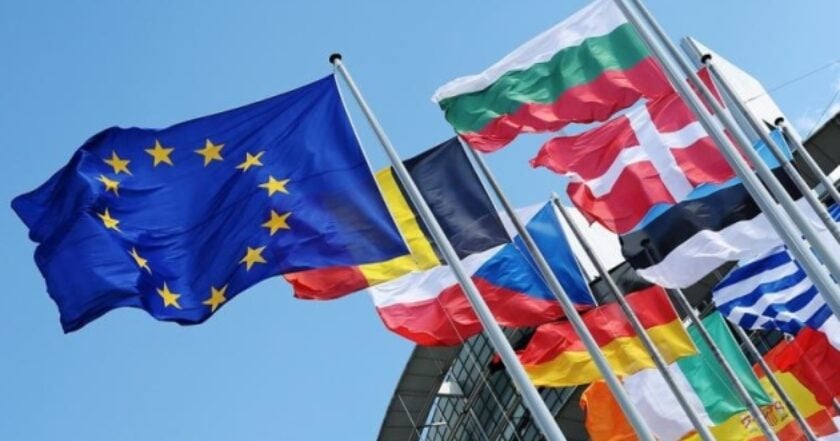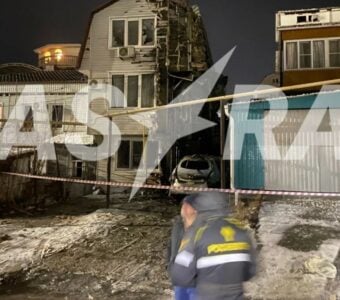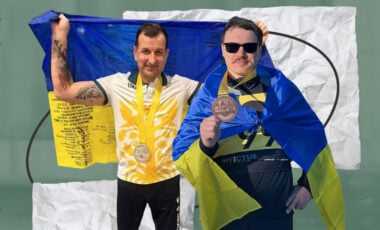EU to recognize Putin as "president" of Russia despite lack of consensus among member states

The European Commission clarified that the European Union did not reject the recognition of Vladimir Putin as the "president" of the Russian Federation, as there was no consensus among all member states on the matter.
According to European Pravda, Peter Stano, the spokesman of the EU foreign policy service, stated this at a briefing in Brussels.
As the speaker mentioned, the EU does not possess the power to acknowledge or reject someone's authority, and traditionally, the member states make such a decision.
"Of course, if the 27 member states unanimously say that they do not recognize the legitimacy of the country's representative, as they did in the case of Syrian leader Assad or Belarusian dictator Lukashenko, then we can have that position.
In the case of Russia, there is no pan-European position of the EU, agreed by 27 countries, which would state that we do not see Putin as a legitimate representative of Russia," Stano emphasized.
"The fact is that he sits in the Kremlin, and from the Kremlin, he directs the most violent and cruel aggression in the recent history of Europe, aggression against Ukraine," added the spokesman.
The speaker noted that the EU, in a statement dated March 18, expressed a consensus position regarding the so-called "presidential elections" in Russia, which was agreed upon by 27 member states.
In this statement, the European Union criticized the Russian "elections" as being held with numerous restrictions, without the participation of a real opposition, and also held in the occupied territories of Ukraine.
"So, just to clarify, the EU's stance on countries like Belarus, Syria, and Venezuela was collectively decided by 27 member states to shape our perspective on leaders remaining in power… But when it comes to Russia, there is currently no unanimous position among European nations on whether we recognize Putin as a valid president," Stano said.
He also assured that the participation of several EU diplomats in the so-called "inauguration" of Vladimir Putin the day before does not call into question the EU's position on supporting Ukraine.
For reference:
On May 7, ambassadors from 6 European Union member states were expected to attend President Vladimir Putin's inauguration in Russia. France's ambassador was also meant to attend the ceremony.
The Office of the President of Ukraine also stated that on May 7, the traditional Russian coronation ceremony was held in Moscow rather than the inauguration of Vladimir Putin. This is because he did not legitimately assume the presidency and continues to function as a dictator.
As previously reported, the presidential elections of Russia were held from March 15 to 17, 2024.
As expected, Putin won Russia's presidential election on March 17, consolidating his already tight grip on power.
The result means Putin, 71, will enter a new six-year term, overtaking Joseph Stalin and becoming Russia's longest-serving leader in more than 200 years.




















































